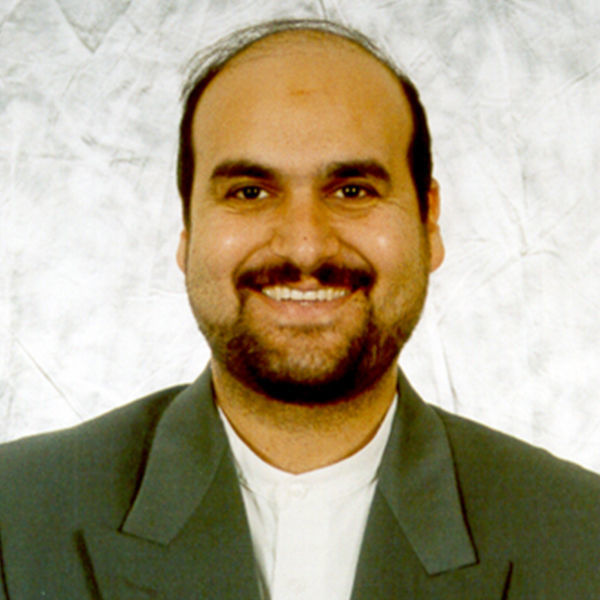Ali Adibi
Georgia Tech

Phase-change Materials for Next-generation Reconfigurable Nanophotonic Structures
Phase-change materials with very large change in their optical properties upon transition between amorphous and crystalline phases are promising candidates to miniaturize the fundamental reconfigurable nanophotonic building blocks like phase shifters, delay lines, and tunable elements, that are essential for a large range of applications including communications, quantum photonics, computing, imaging, and ranging. This talk is focused on the unique features of phase-change materials for enabling reconfigurable nanophotonic and optoelectronic devices through forming new hybrid material platforms by their integration with dielectric, plasmonic, and more conventional CMOS-compatible integrated nanophotonic materials (e.g., silicon and silicon nitride). The unique features of these hybrid materials will be demonstrated in two groups of reconfigurable devices based on integrated photonic structures and photonic metasurfaces. Practical issues like speed, minimum feature size, power consumption, and agility of such hybrid reconfigurable platforms will be discussed, and a list of potential areas of improvement to enable state-of-the-art applications will be presented.
Bio
Ali Adibi is the director of Bio and Environmental Sensing Technologies (BEST) and a professor and Joseph M. Pettit chair in the School of Electrical and Computer Engineering, Georgia Institute of Technology. His research group has pioneered several hybrid material and device structures in the field of integrated nanophotonics for information processing, communication, imaging, computing, quantum photonics, and sensing. His recent research has focused on realization of new material and device platforms for fast, low-power, and highly miniaturized reconfigurable nanophotonic devices. He has also pioneered new AI-based approaches for knowledge discovery and inverse design of photonic nanostructures. He is the author of more than 180 journal papers and 440 conference papers. He is the editor-in-chief of the Journal of Nanophotonics, and the nanophotonic program track chair of the Photonics West meeting. He is the recipient of several awards including Presidential Early Career Award for Scientists and Engineers, Packard Fellowship, NSF CAREER Award, and the SPIE Technology Achievement Award. He is also a fellow of OSA, SPIE, and AAAS.